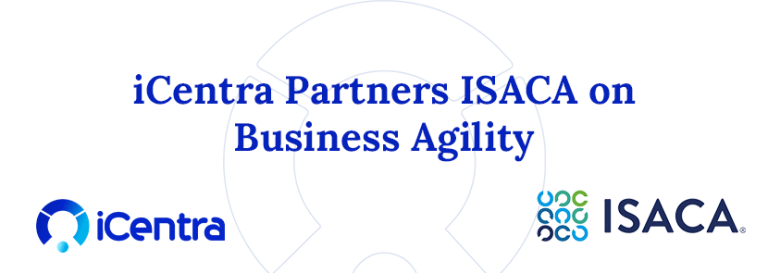Project management is a constantly evolving field that requires a lot of adaptability and efficiency. It can be a difficult journey to navigate from the initial idea to the final implementation, especially when deadlines are tight, requirements change frequently, and stakeholders have numerous demands. Traditional project management methods may not be well-suited to handle these challenges. However, adapting an Agile approach can help project managers stay on track and keep up with changes in the dynamic landscape of project management.
Agile methodology is a project management approach that emphasizes adaptability, collaboration, and innovation. It is a philosophy that has transformed the way projects are carried out across various industries around the world. Adopting an Agile approach means recognizing that the needs and requirements of a project are constantly evolving. Therefore, Agile teams prioritize flexibility and the ability to pivot quickly in response to new information or changing circumstances. Collaboration is also a key aspect of Agile methodology, as team members work closely together to develop solutions and achieve project goals. The Agile approach encourages constant feedback, learning, and improvement, which fosters innovation and creativity at every step of the project. Overall, Agile methodology offers a comprehensive framework for project management that enables teams to deliver high-quality results in a timely and efficient manner.
At its core, Agile methodology represents a paradigm shift from the traditional waterfall model to an iterative and incremental approach. It advocates for flexibility, continuous improvement, and customer-centricity, enabling teams to respond swiftly to changes and deliver value iteratively.
Understanding Agile Principles
Central to Agile methodology are its twelve principles, as outlined in the Agile Manifesto.
1. Customer satisfaction through early and continuous delivery of valuable software.
2. Welcome changing requirements, even late in development. Agile processes harness change for the customer’s competitive advantage.
3. Deliver working software frequently, with a preference for the shortest timescale.
4. Business people and developers must work together daily throughout the project.
5. Build projects around motivated individuals. Give them the environment and support they need, and trust them to get the job done.
6. The most efficient and effective method of conveying information to and within a development team is face-to-face conversation.
7. Working software is the primary measure of progress.
8. Agile processes promote sustainable development. The sponsors, developers, and users should be able to maintain a constant pace indefinitely.
9. Continuous attention to technical excellence and good design enhances agility.
10. Simplicity—the art of maximizing the amount of work not done—is essential.
11. The best architectures, requirements, and designs emerge from self-organizing teams.
12. At regular intervals, the team reflects on how to become more effective, then tunes and adjusts its behavior accordingly.
The advantages of adopting an Agile approach are manifold. Studies have shown that Agile projects are 28% more successful than traditional projects, with 71% of organizations reporting increased productivity after implementing Agile methodologies (Source: VersionOne). Moreover, Agile projects are 50% more likely to meet their cost and schedule targets compared to non-Agile projects (Source: Project Management Institute).
Agile methodology not only enhances project outcomes but also encourages team collaboration and morale. Through breaking down silos and promoting cross-functional collaboration, Agile teams leverage collective intelligence to overcome challenges and drive innovation. Furthermore, the iterative nature of Agile development allows for early and continuous feedback, minimizing the risk of costly errors and ensuring alignment with stakeholder expectations.
Without a doubt, organizations need to be agile and adaptable to stay ahead of the competition. Agile methodology has proven to be an effective approach for modern project management, and at iCentra, we understand the complexities involved and provide tailored solutions to help your organization unlock its full potential.
Our team of expert consultants has extensive experience in the consulting industry, working with organizations across various sectors and witnessing first-hand the transformative impact of Agile methodologies. We take a holistic approach to Agile transformation, working with our clients to identify their unique needs and designing customized solutions that leverage the power of Agile methodologies.
In conclusion, Agile methodology transcends conventional project management practices, offering a flexible and adaptive framework for navigating today’s turbulent business world. As organizations continue to embrace Agile principles, the question remains: Will you seize the opportunity to embrace agility and drive meaningful change in your projects? Reach us today to experience






